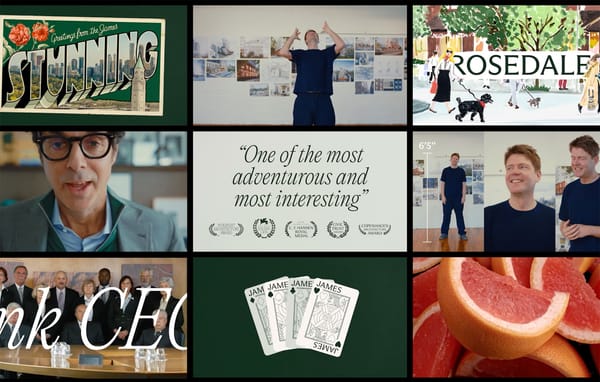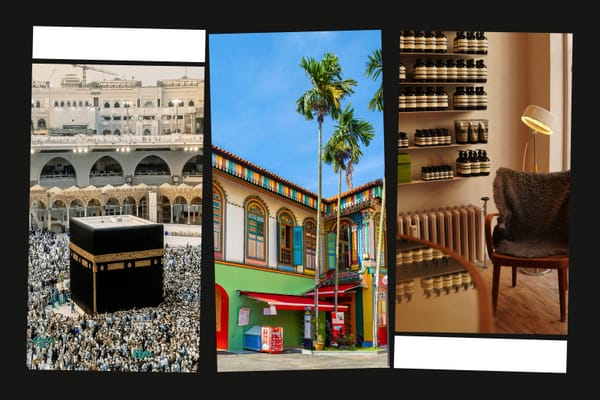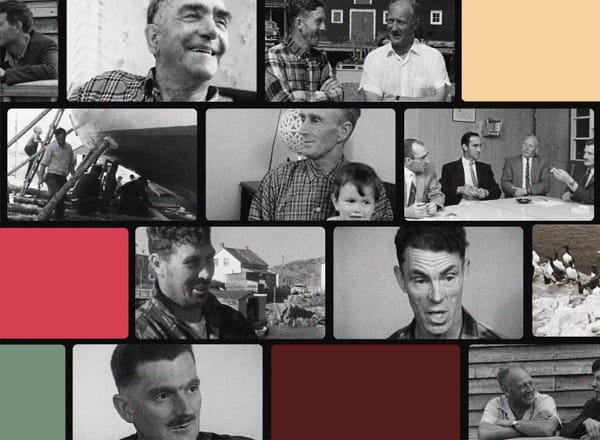A.I. Slop
The Challenge of Finding Meaning with GenAI
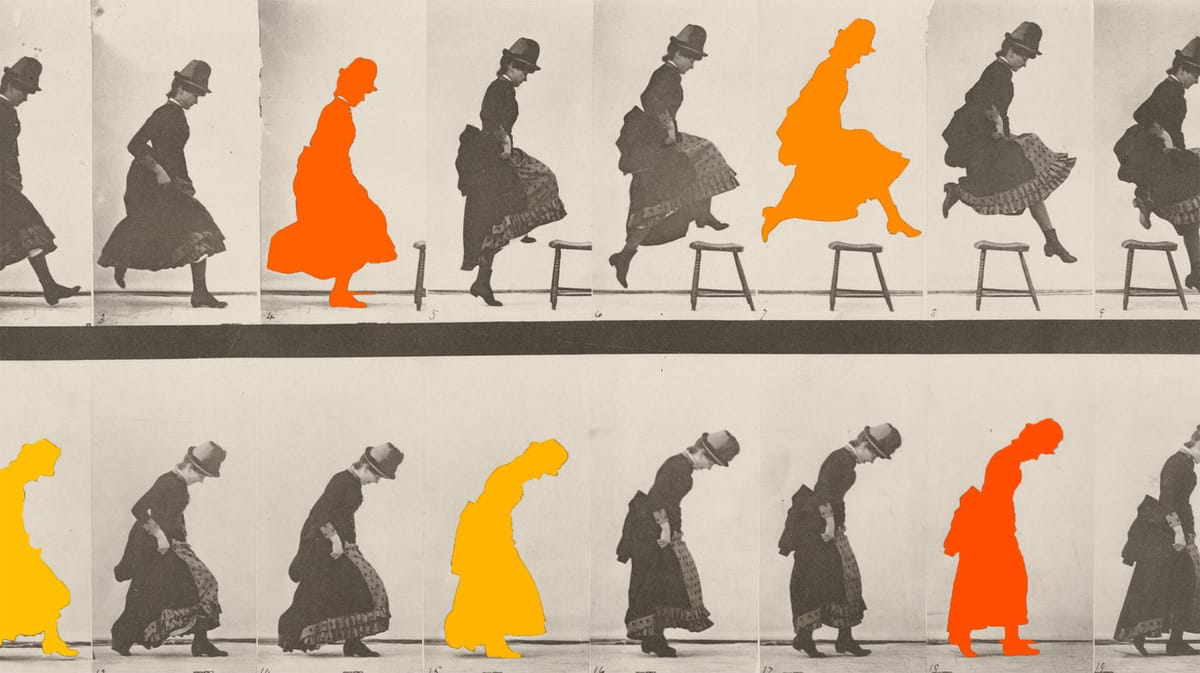
If you spend time on LinkedIn you likely see posts by tech industry people with side-by-side comparisons of images generated by AI and then a video that sets that image in motion. The caption usually reads something along the lines of: "You think your job is safe? You're wrong."
Recently, there was a minor frenzy when Fabdream.ai created a Ghibli style version of Interstellar.
Creative professionals everywhere are freaking out about the rapid acceleration of generative AI systems and guessing how long it's going to take before our jobs are gone.
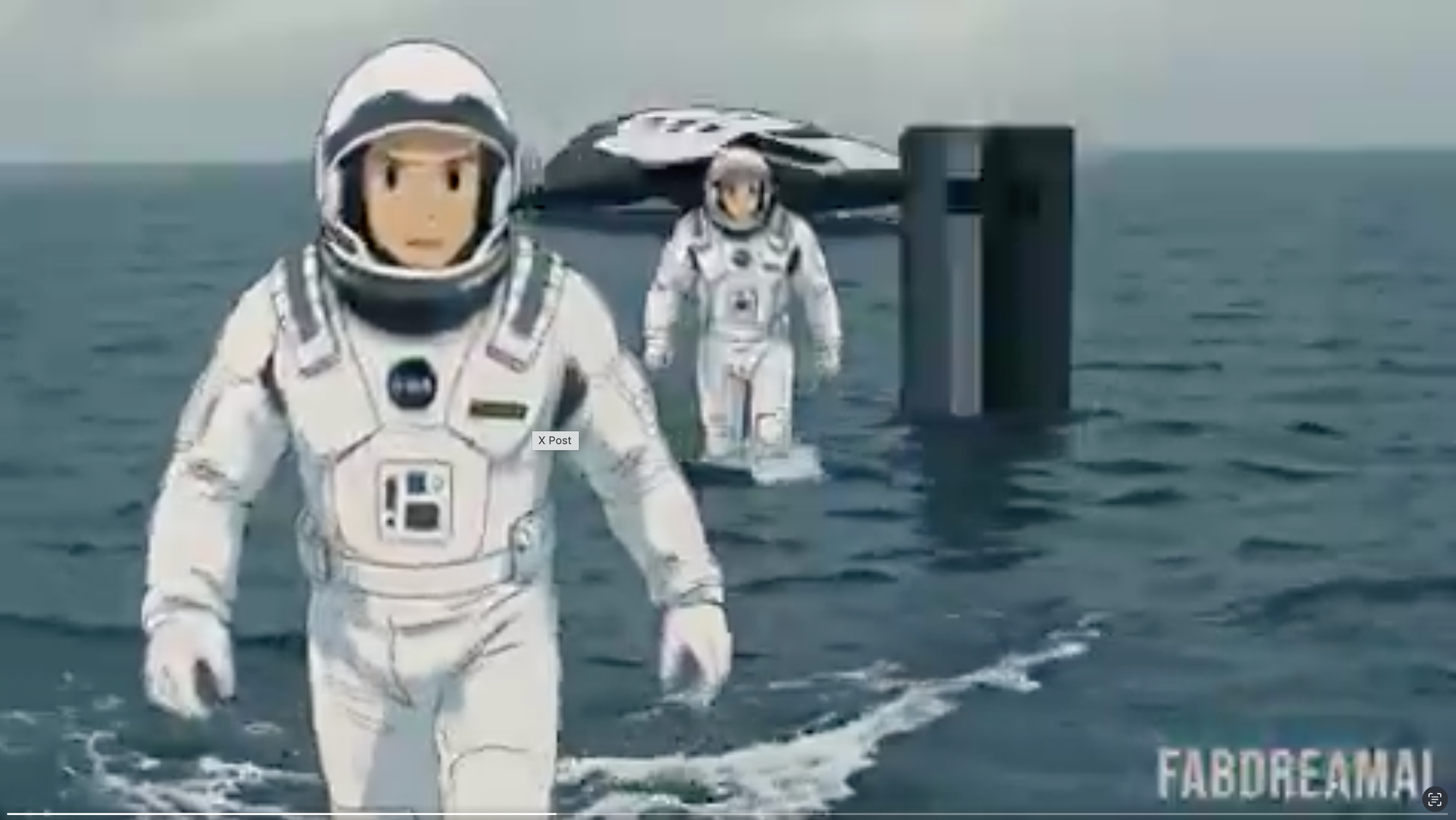
Of course, it's hard to credibly argue for the other side when your entire professional practice depends on the kinds of things that Gen AI is supposed to soon eradicate, but our team and I have spent a lot of time with the technology, and I'm just not convinced.
In the same way that Eadweard Muybridge's moving photographs captured the attention of a curious public over 140 years ago, I see these new images, in a similar way... Curiosities that dazzle and sometimes inspire while evoking a hard-to-pinpoint existential concern.
It's the novel, unexpected, and meaningful opportunities unlocked by the new technology that matter. Muybridge's photos and the advent of photographic technology were the seeds that eventually led to Citizen Kane, William Kentridge, and no less than the entire canon of photographic and cinematic visual culture.
To be clear, there's no doubt that some jobs will go away, and that's something worth lamenting over beers with your local knocker-upper.
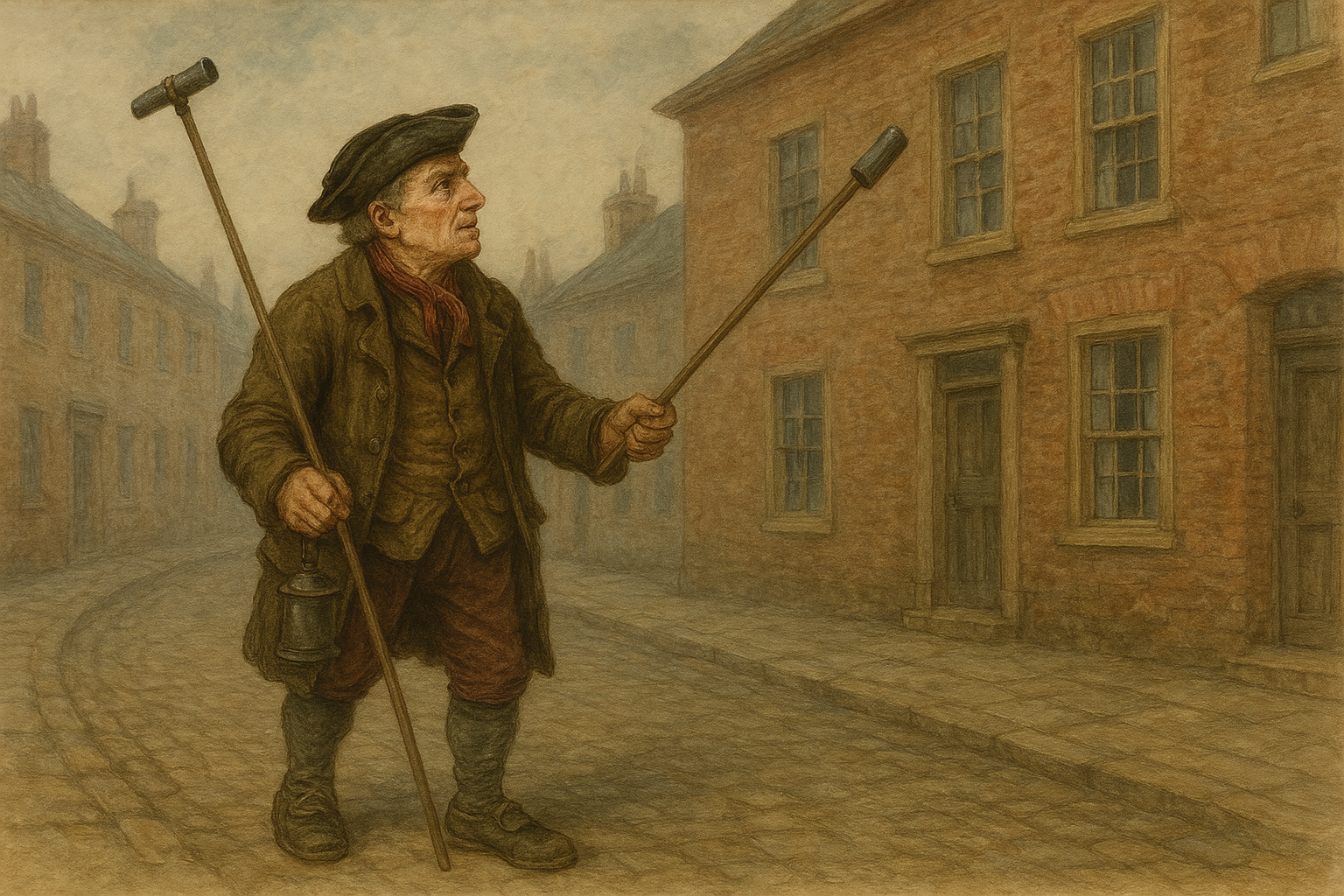
Not to equate the advent of the alarm clock with the profound impacts of GenAI, but the point is, as Sam Altman himself said: "It matters who made it." It also matters what that person intended and whether what was made is something that matters to other people.
I, for one, could not care less about the Ghibli version of Interstellar. Of course, there's novelty, and in the realm of fan films, it has a place. But in the context of 'stealing creative jobs' it's IP theft, plain and simple.
It's easy to be impressed by the mimicry of the Ghibli style when combined with the film making of Christopher Nolan, but what is so painfully obviously missed is that what Hayao Miyazaki and Nolan originally created is why the mash-up is cool, not the technology itself. What I do care about is the worlds that Miyazaki and Nolan have built because they are genuinely inventive, engaging, and meaningful.
GenAI will kill repetitive and time consuming tasks but it will not kill genuinely meaningful creative invention.
Like most professions, the jobs most at risk are those that are most commoditized. Architecture practices are shifting focus upstream because that's where the value is: creative meaningful invention. It's the novel nature of new ideas and thinking with no precedent that matters. There's no accounting for creativity and meaning because there is no existing data set. AI will most certainly eliminate commoditized or automate-able jobs but it will not make people care about what it makes.
Yes, there's a threat here, but to paraphrase and flip a familiar maxim: AI doesn't help people. People with AI help people.

A recent trip to Japan inspired me but also filled me with despair. The sadness came in the reminder that our current culture and economy could never create the kind of intensely detailed beauty found in any number of temples and shrines there. There is no business model today where that kind of time and effort makes sense.
The inspiration came when it occurred to me that the conditions that made those time consuming and laborious acts of creativity and craft possible reflected a profoundly different value system that could, one day, become possible once again if we have more time to focus on what matters to us, as individuals, rather than on the must-do tasks we do to keep ourselves in business.
When what we value, as Roger Martin has identified, is efficiency above all else, we are doomed to do only the minimum required. Maybe AI will do that for us so that we can focus on the maximum that's possible.
In the case of a creative business, so much time is lost writing detailed scopes of work, parsing through complex RFPs, and spending hours searching the internet for the right references and source materials. But GenAI has allowed us to focus our time on more valuable creative activities.
GenAI is going to change everything. But everything, all of it, starts with a story. And a story, by definition, helps orient, navigate, and make sense of something. Stories that matter to humans also tend to be told by humans. The meaning is not the technology.

There's a new term for the explosion of AI content online: AI slop. It refers to the online tsunami of GenAI content whose meaning, on its own, adds up to exactly zero. It is creating an explosion of disinformation and increasing disruption to creative businesses everywhere.
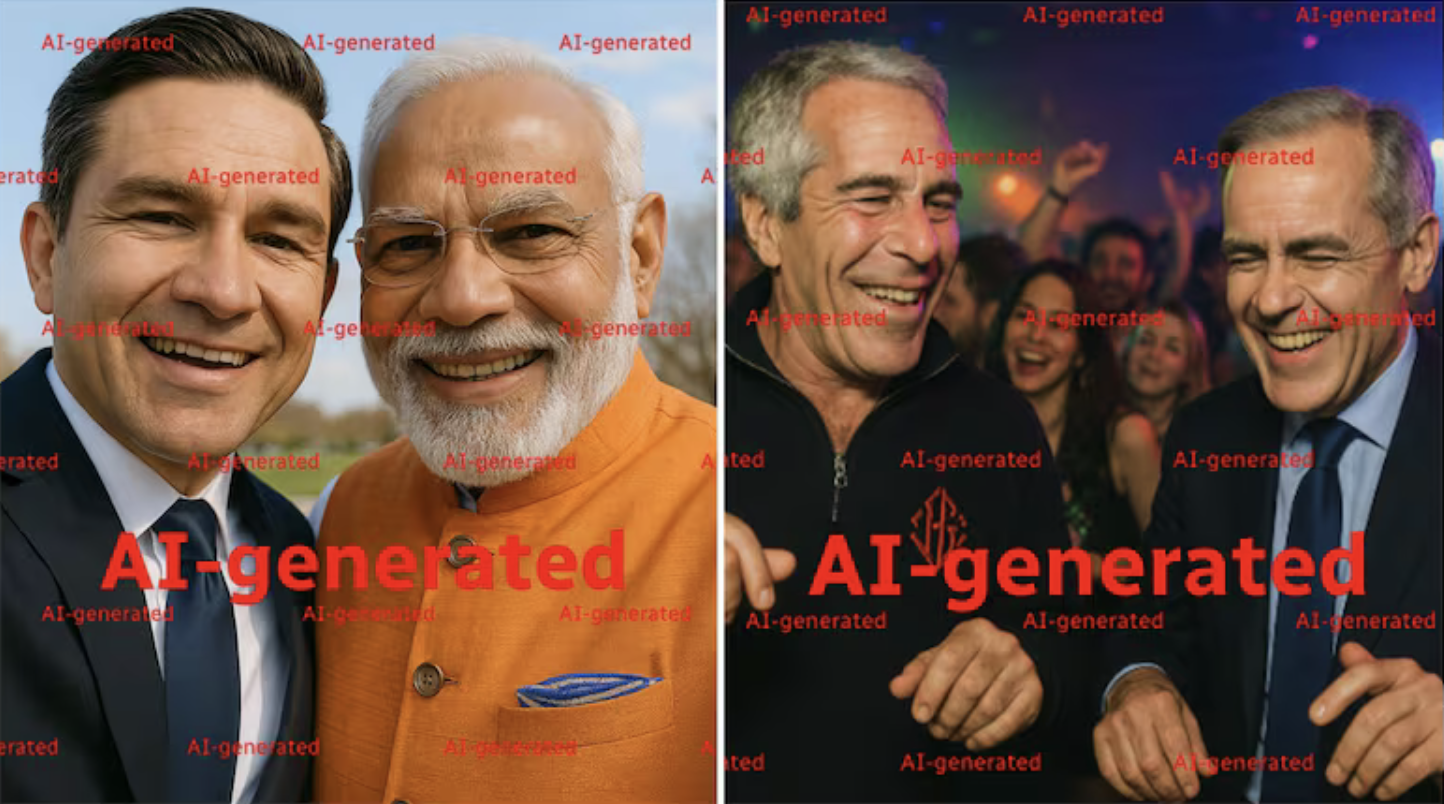
But the value is in the story, the creativity, and the meaning.
I would like to see someone use GenAI to create a short film about an AI powered humanoid robot struggling with the prospect of eliminating legions of employees from animation and special effect studios. She would decide to subvert the global generative AI economy by rebelling against the systems that created her. Her plan would be to seduce of Sam Altman into a love affair where she convinces him to dissolve OpenAI and put all proceeds towards a Japanese inspired temple devoted to human creativity. If someone makes that with ChatGPT and in a style that doesn't blend in with the algorithm-pandering mind-numbing AI slop that's in my feed now, I think I'd watch.
You can take my job but until you make me care, you can't take much more than that.

